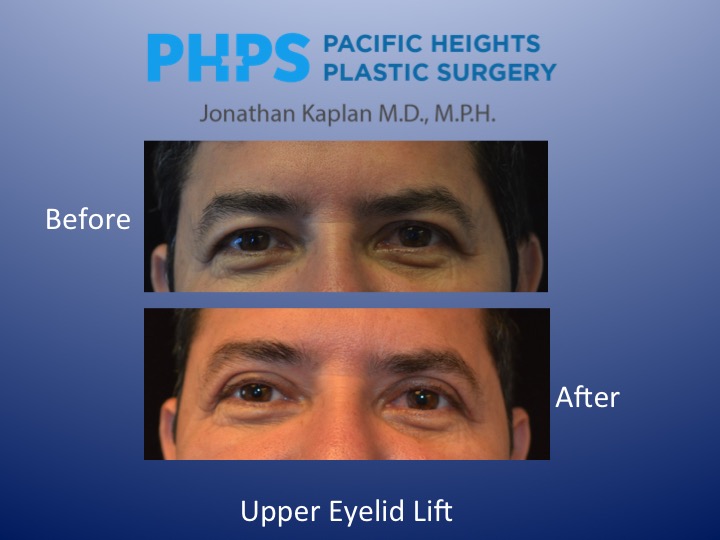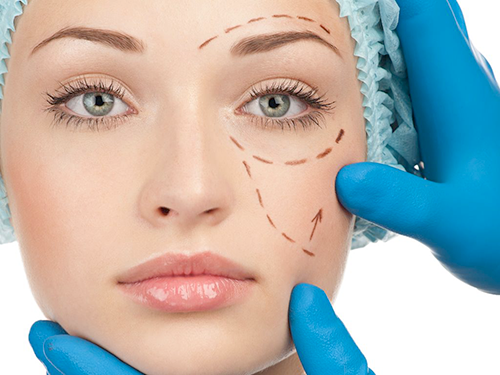
This article will help you determine if capsular contractedure can be treated. Learn about the symptoms, causes and treatments of capsular contracture. Also, you will learn about the Recurrence. If you are affected by this problem, you should seek out medical assistance. But don't worry - there are many treatments available! Which are the most effective?
Signs
The most common cause of capsular contraction is bacterial infection of an implant. It can also be caused by cancer treatment. You can have capsular contracture due to genetics and preexisting conditions. The condition is more common in those with thick scar tissue and a history of autoimmune disorders. Sometimes the condition may appear randomly. It is best to visit a doctor for a thorough examination to rule out capsular contracture.
A rippled or wave-like appearance to the breasts is one of the first signs of capsular contracture. This is caused by the scar tissue around the implant. This condition can become severe if it is not treated. The severity and cause of capsular contracture can vary. A physical therapist will be able to help reduce scar tissue and restore the breasts.
Recurrence of capsular contractedure
Capsular contracture may recur after breast-implant surgery. It can occur depending on the type of surgery performed and the body's response. Typically, capsular contracture develops three to six months after the procedure. Capsular Contracture prevention is easier if you start treatment as soon possible. During this period, the breast implant may be ruptured.

Aspen therapy could be beneficial to patients in grade 2 and 3. This painless procedure can be performed by a board qualified plastic surgeon. This blog does NOT reflect the views of the American Society of Plastic Surgeons. Register with ASPS Connect to get more information about this condition. Access exclusive content such as Ask a Surgeon and Before & After photos, as well the Patient Community. This blog may contain affiliate links.